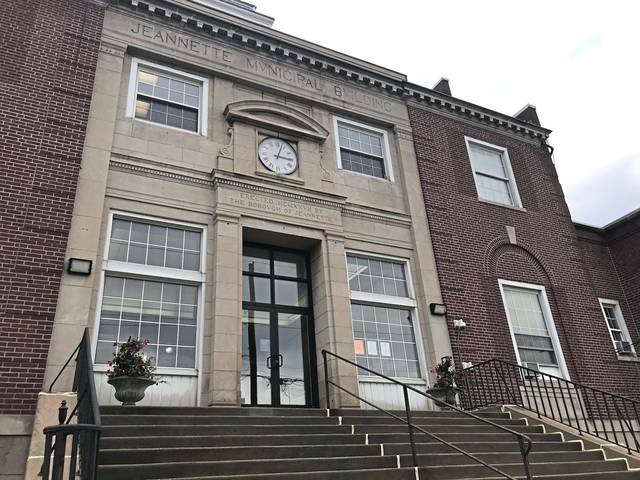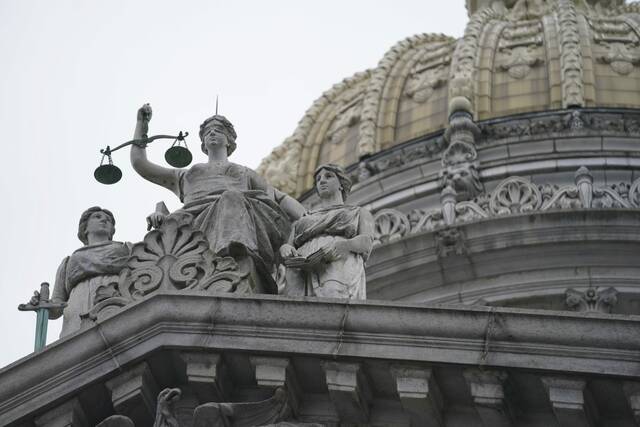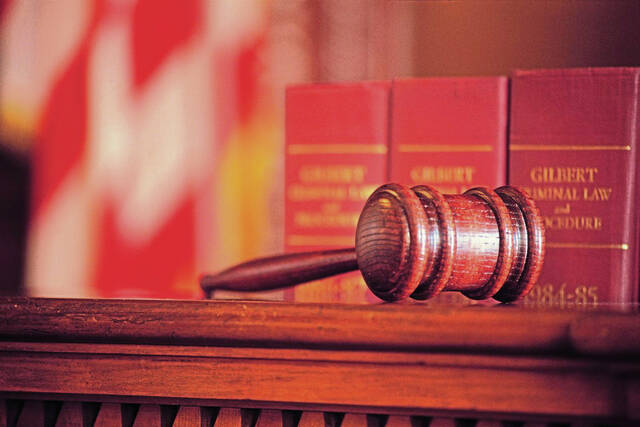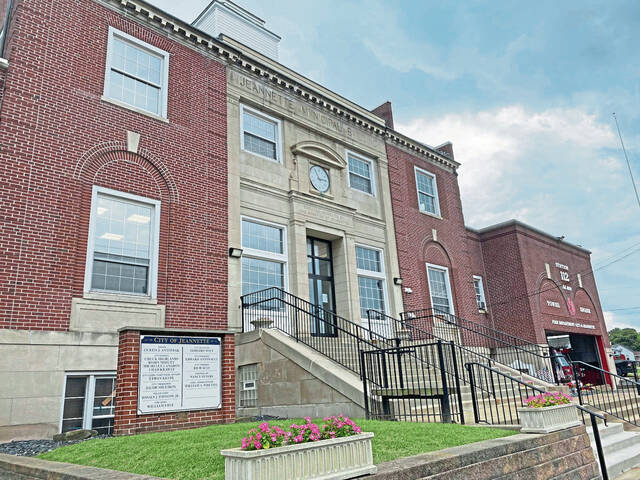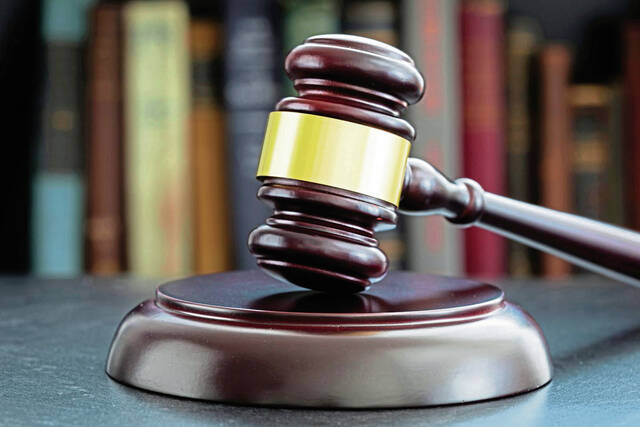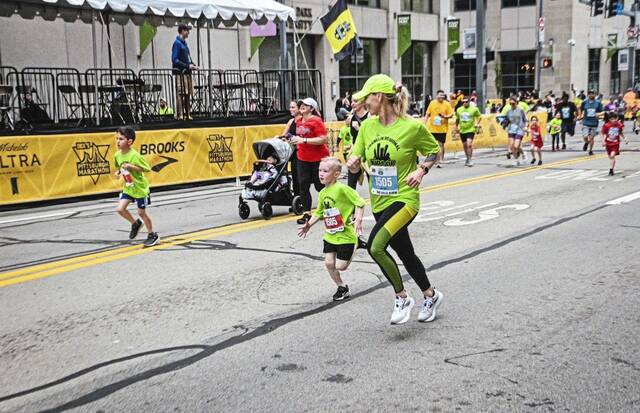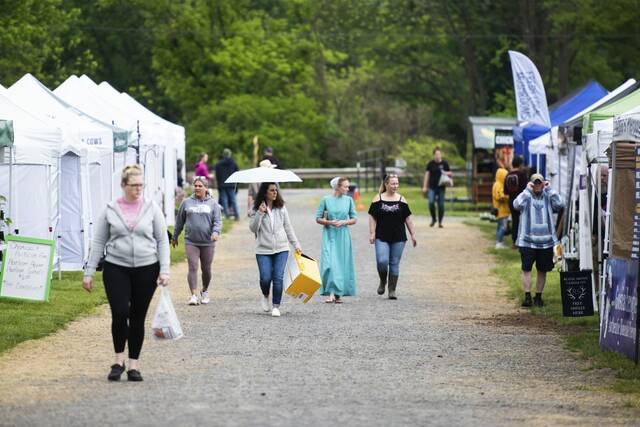Jeannette property taxes are increasing by almost 6% this year.
After approving a $5.5 million preliminary budget in late November that carried no property tax increase, council approved a final 2020 spending plan this week that raises the tax rate by 2 mills, an increase of 5.9%. City officials expect to bring in $105,000 more in current real estate taxes with the increase.
The amount of money taken out of a reserve account will decrease by $75,000. The preliminary plan called for the use of $303,000 from that account, while the final budget includes using $228,000. The reserve account contains money set aside from the 2015 sale of the city’s sewage authority.
Mayor Curtis Antoniak said the 2-mill increase to 35.62 mills will be disbursed as follows:
• 0.5 mills to street lights.
• 0.26 mills to the recreation department.
• 1.24 mills for general purposes.
Several factors went into making the changes during the final month of 2019, he said.
Three state auditor general’s reports revealed past city officials were funding Jeannette’s pensions for police, fire and non-uniform employees incorrectly, a practice that was passed on to the current administration. Between Jan. 1, 2016, and Dec. 31, 2017, annual pension obligations were funded by state aid and earned-income taxes assessed on residents and non-residents, but eliminated the use of money from the general fund, which auditors said is not permitted under the law.
As a result, Antoniak said the city had to adjust how it funds those obligations.
A property owner in Jeannette whose home is assessed at $12,000 will see a $24 increase in their annual tax bill, Antoniak said. Jeannette is among municipalities with the highest tax millage rate in Westmoreland County.
The millage rate was last raised for the 2017 budget after a majority of voters approved a referendum for 1 mill of property taxes dedicated to the Jeannette Public Library.
Meanwhile, the 2020 earned-income tax for residents is set to decrease from 1.85% to 1.4%. For someone who makes $50,000, that will mean a $225 annual savings, Antoniak said.
The earned-income tax has fluctuated over the last several years as the city caught up with overdue pension obligations. Council increased the tax from 1.15% to 1.5% in 2014 and then to 2% the following year. It dropped to 1.85% in 2016 and then decreased again to 1.75% in 2018, but then went back up to 1.85% in 2019.
The amount of property taxes allocated to street lights will increase to 1.5 mills to fund the $84,000 annual bill for 747 street lights in the city, Antoniak said.
“This is something that hasn’t been raised,” he said.
The recreation department will get a little more money for maintaining its facilities with an increase to 0.5 mills. Council voted 4-0 Monday to approve the plan. Councilwoman Nancy Peters was absent.
There are some savings in the budget — the city is not replacing three workers, two who have retired and one who was laid off, Antoniak said.
“We want to maintain the city the best way we can without cutting any more services,” he said. “We’re as low as we can go with services.”
Antoniak doesn’t want Jeannette to drain its capital reserve account, comparing the municipality to Westmoreland County which raised property taxes this year for the first time since 2005.
The county is projected to end 2020 with $267,000 remaining in its surplus fund. That account had more than $28 million in reserve in 2016 but has been used each year to balance the budget.
In Jeannette, garbage service for residents will cost $200 annually, an increase of $20. The prices are not changing for city-sold garbage bags residents are required to use or stickers that can be placed on non-city bags.
Commercial garbage accounts also will see an increase of $2 to $6 monthly. New monthly rates will range from $22 for up to five bags of trash to $68 for 25 or more bags.
Similar increases are set for large trash receptacle services. New rates range from $28 per pull for a 2-yard receptacle to $62 per pull for an 8-yard receptacle.
The city will start collecting payments for two services — cardboard recycling and brush chipping. Cardboard recycling will cost $8 per yard and brush chipping will cost between $20 and $50.


